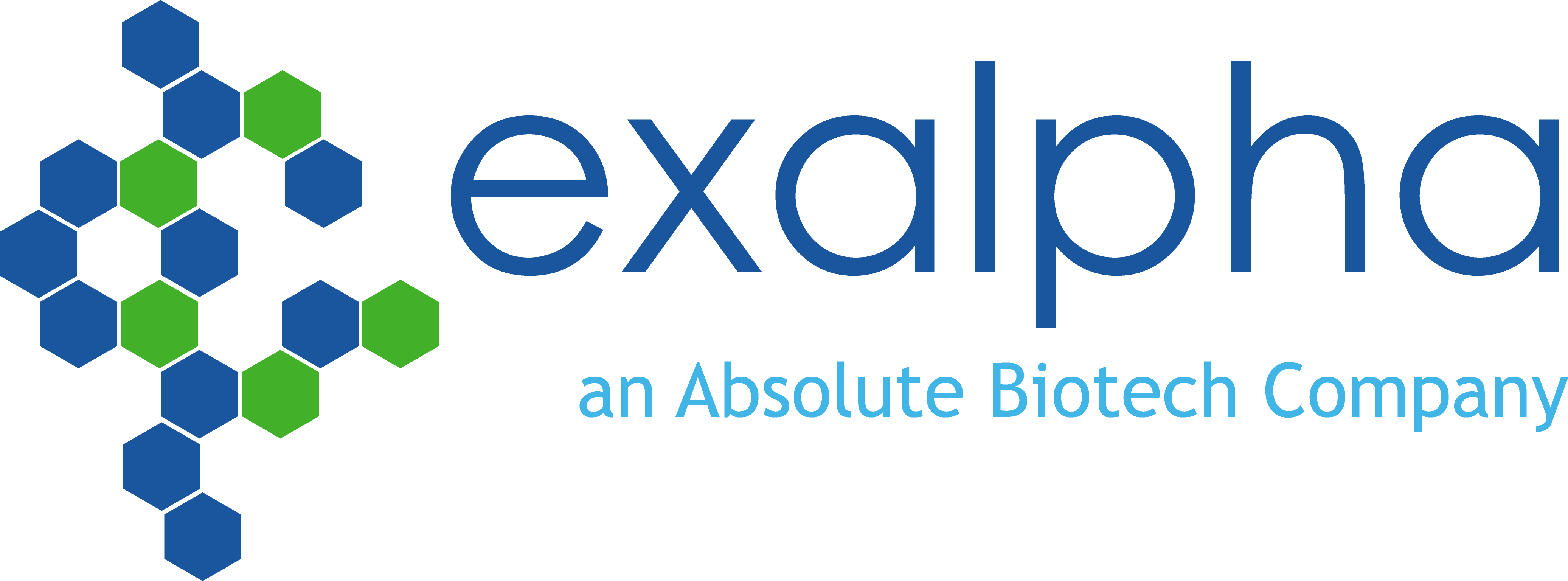Catalogue

Mouse anti CD11a, Integrin alpha-L
Catalog number: MUB2056P$402.00
Add To Cart| Clone | NKI (SPV)-L1 |
| Isotype | IgG1 |
| Product Type |
Primary Antibodies |
| Units | 0.1mg |
| Host | Mouse |
| Species Reactivity |
Human |
| Application |
Flow Cytometry Immunocytochemistry Immunoprecipitation |
Background
Integrin alpha L (antigen CD11A, p180, lymphocyte function-associated antigen 1; alpha polypeptide), also known as ITGAL, is a human gene which functions in the immune system. It is involved in cellular adhesion and co-stimulatory signaling. Integrins are heterodimeric integral membrane proteins composed of an alpha chain and a beta chain. This I-domain containing alpha integrin combines with the beta 2 chain (ITGB2) to form the integrin lymphocyte function-associated antigen-1 (LFA-1), which is expressed on all leukocytes.
LFA-1 is part of the family of leukocyte integrins that are recognised by their common β-chains (CD18) and the distinct α-chain CD11a. LFA-1 is expressed on lymphocytes, monocytes and granulocytes. It is involved in recruitment of these cells to the site of infection where it binds to ICAM-1 on antigen-presenting cells and functions as an adhesion molecule. LFA-1 is the first to bind T-cells to antigen-presenting cells and initially binds weakly. A signal from the T-cell receptor and/or the cytokine receptor changes the conformation and prolongs the cell contact, allowing the T-cell to proliferate. Blocking experiments with anti-LFA monoclonal antibodies demonstrated that LFA-1 inhibits the adhesion step between effector and target cells in cytotoxic T lymphocyte, natural killer and lectin dependent cellular cytotoxicity. LFA-1 also acts as an adhesion molecule between monocytes and T-cells.
Source
NKI (SPV)-L1 is a mouse monoclonal IgG1 antibody derived by fusion of Sp2/0 mouse myeloma cells with splenocytes from a BALB/c mouse immunized with cytotoxic T-cell clone HG-38.
Product
Each vial contains 100µl 1mg/ml purified monoclonal antibody in phosphate buffered saline (PBS) containing 0.09% sodium azide.
Formulation: Each vial contains 100µl 1mg/ml purified monoclonal antibody in phosphate buffered saline (PBS) containing 0.09% sodium azide.
Specificity
The antibody NKI (SPV)-L1 is directed against human CD11a. The antibody is reported to inhibit the cytolytic activity of various human cytotoxic T-cell clones including HG-38 and HG-31
Applications
The NKI (SPV)-L1 antibody is suitable for the detection of CD11a by immunoprecipitation, immunocytochemistry, immunohistochemistry on frozen sections and by flow cytometry. Human tonsil is suitable for use as a positive control tissue.
Optimal antibody dilutions for the different applications should be determined by titration.
Storage
The antibody is shipped at ambient temperature and may be stored at +4°C. For prolonged storage prepare appropriate aliquots and store at or below -20°C. Prior to use, an aliquot is thawed slowly in the dark at ambient temperature, spun down again and used to prepare working dilutions by adding sterile phosphate buffered saline (PBS, pH 7.2). Repeated thawing and freezing should be avoided. Working dilutions should be stored at +4°C, not refrozen, and preferably used the same day. If a slight precipitation occurs upon storage, this should be removed by centrifugation. It will not affect the performance or the concentration of the product.
Caution
This product is intended FOR RESEARCH USE ONLY, and FOR TESTS IN VITRO, not for use in diagnostic or therapeutic procedures involving humans or animals. It may contain hazardous ingredients. Please refer to the Safety Data Sheets (SDS) for additional information and proper handling procedures. Dispose product remainders according to local regulations.This datasheet is as accurate as reasonably achievable, but our company accepts no liability for any inaccuracies or omissions in this information.
References
1. Spits H, Keizer G, Borst J, Terhorst C, Hekman A, de Vries JE. 1983 Characterization of monoclonal antibodies against cell surface molecules associated with cytotoxic activity of natural and activated killer cells and cloned CTL lines. Hybridoma. 2:423-37.
2. Keizer GD, Borst J, Figdor CG, Spits H, Miedema F, Terhorst C, De Vries JE. 1985 Biochemical and functional characteristics of the human leukocyte membrane antigen family LFA-1, Mo-1 and p150, 95. Eur J Immunol. 15:1142-8
Protein Reference(s)
Database Name: UniProt
Accession Number: UniProt: P20701 (Human)
Species Accession: Human
Safety Datasheet(s) for this product:
| EA_Sodium Azide |
